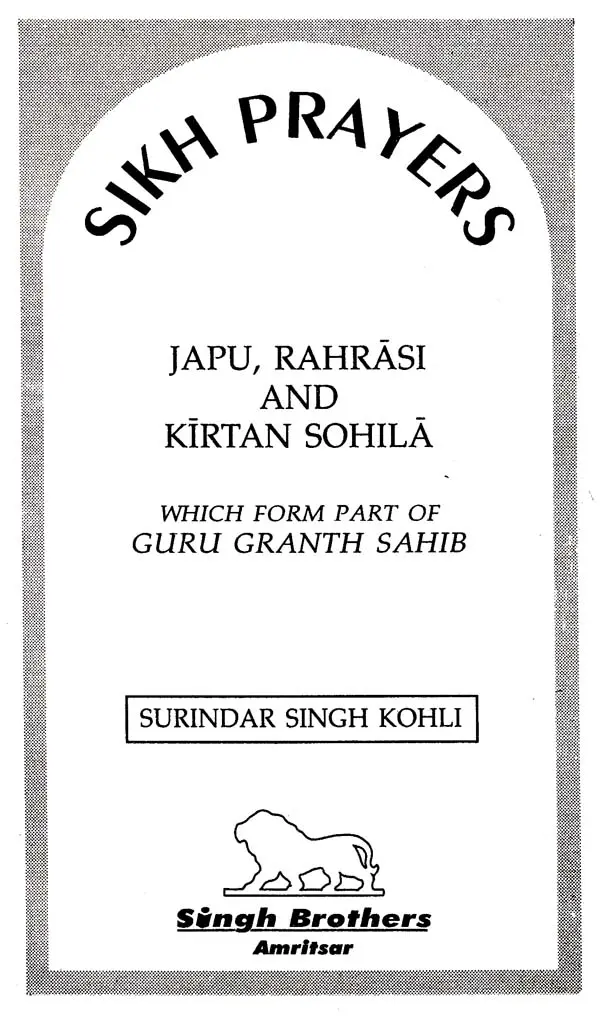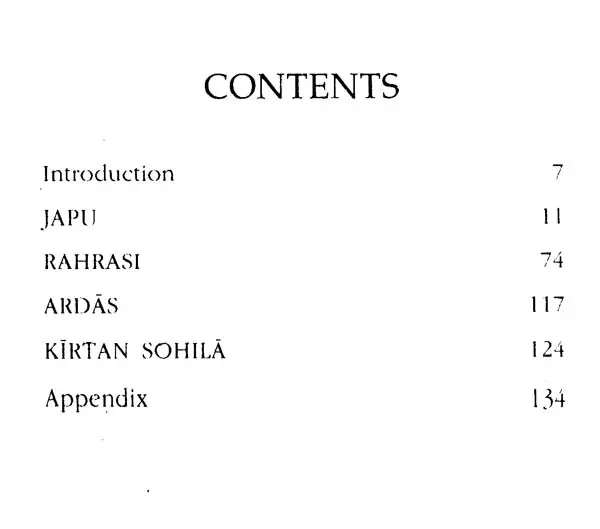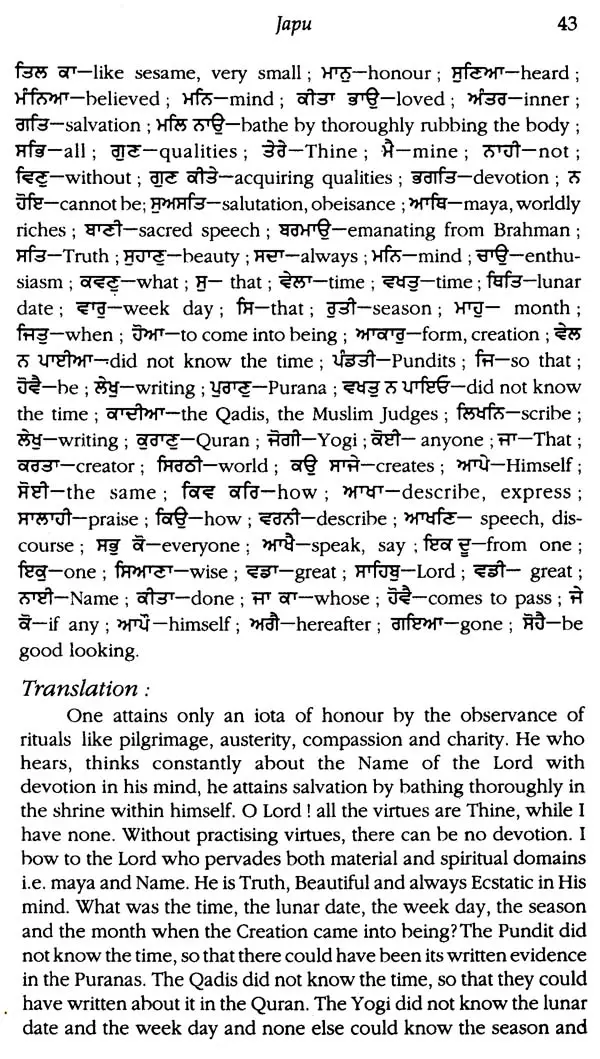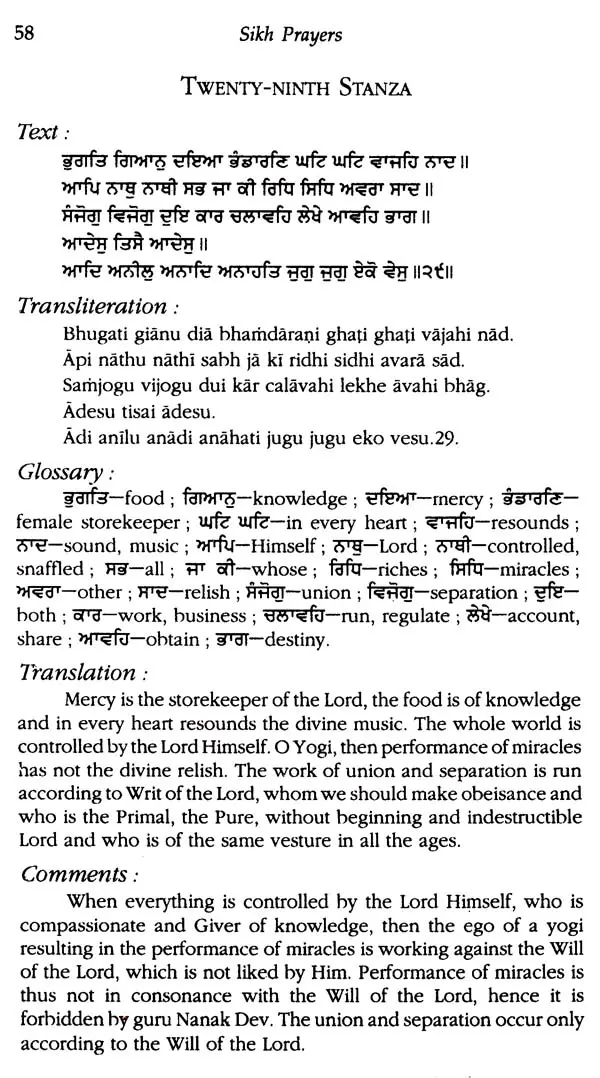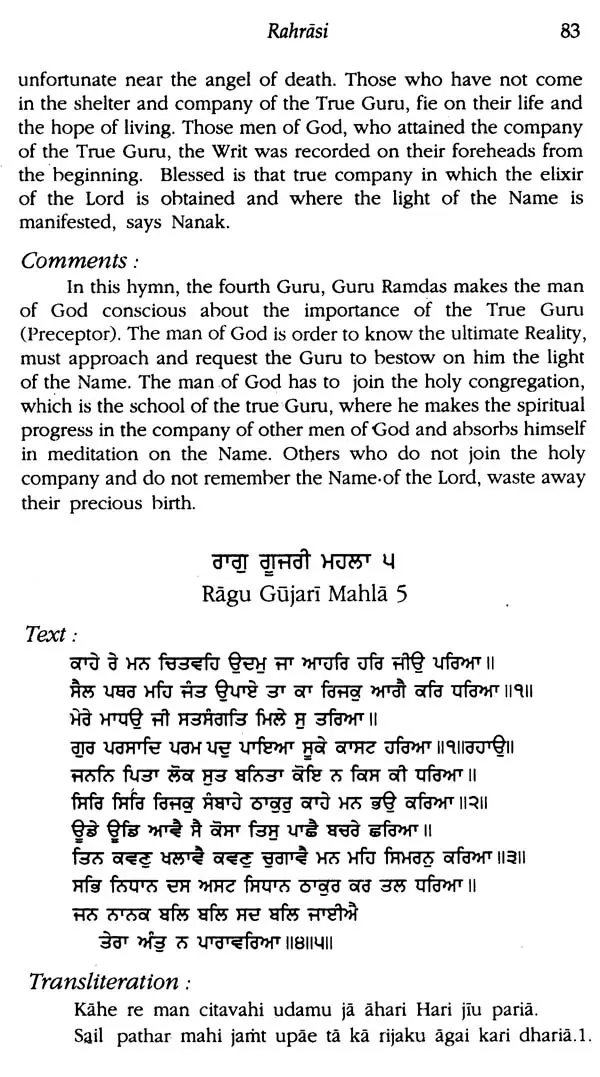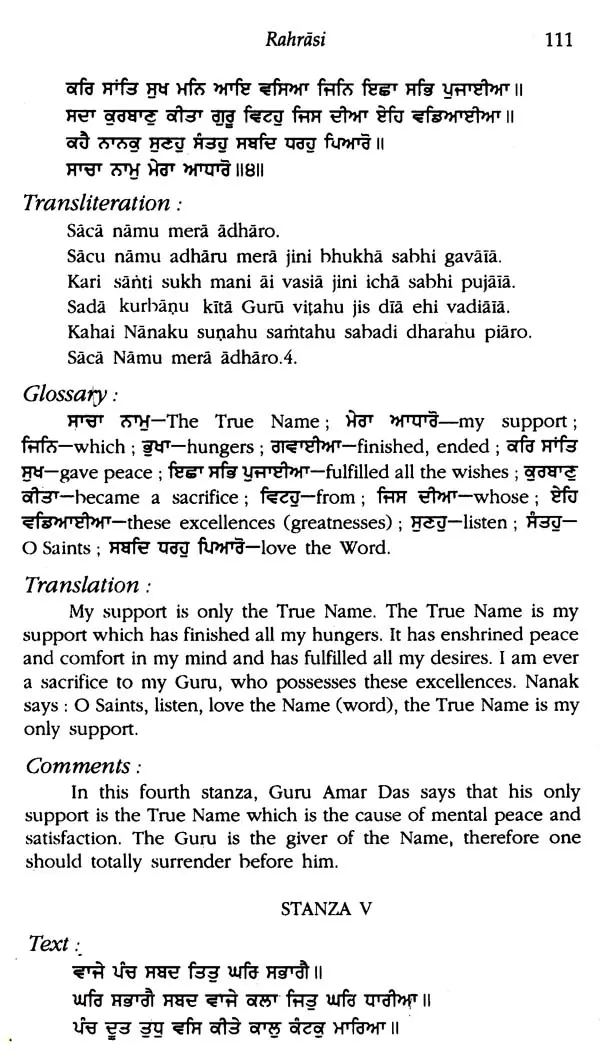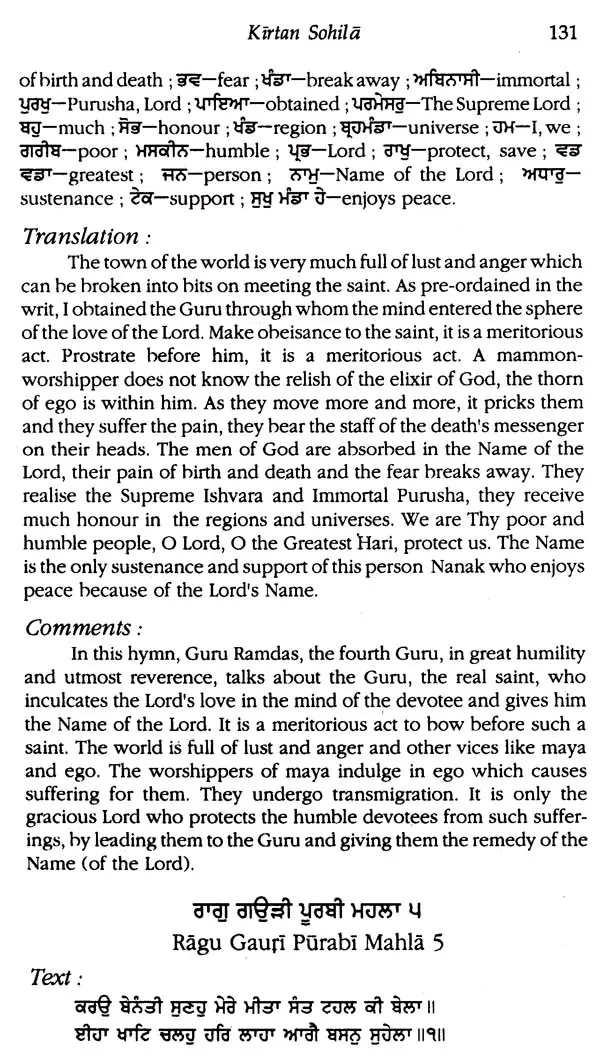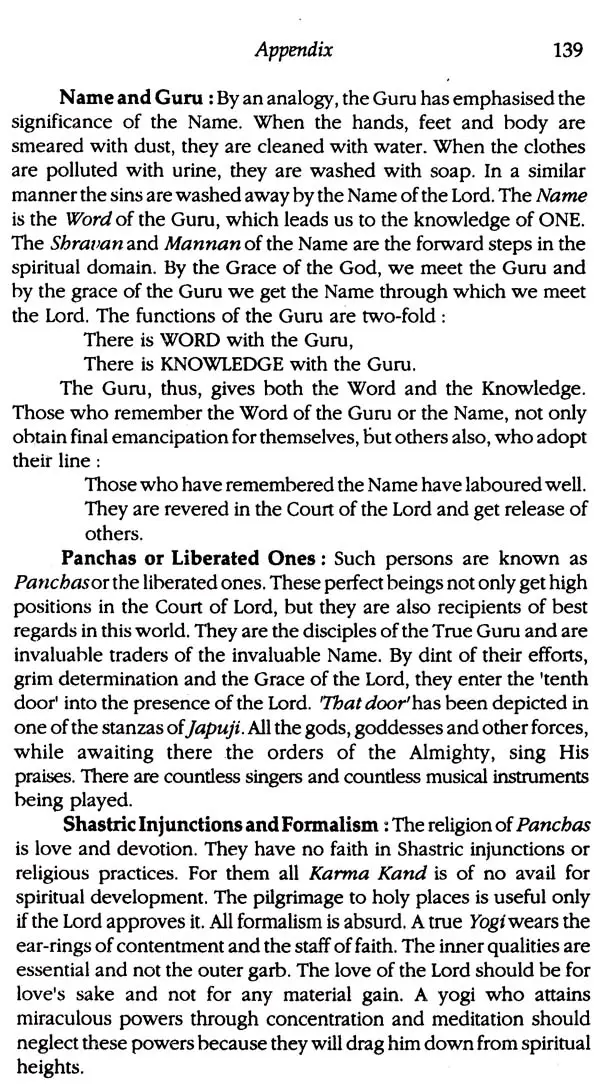
Sikh Prayers
Book Specification
| Item Code: | UAZ662 |
| Author: | Surindar Singh Kohli |
| Publisher: | Singh Brothers, Amritsar |
| Language: | English |
| Edition: | 2008 |
| ISBN: | 8172051565 |
| Pages: | 142 |
| Cover: | HARDCOVER |
| Other Details | 8.50 X 5.80 inch |
| Weight | 260 gm |
Book Description
A Prayer is a personal communication addressed to a deity in the form of supplication, adoration, praise, contrition or thanks giving But in Sikhism all other deities except God have been rejected. All other gods, goddesses, angels and the spirits are prone to death. Why should one serve or remember him, who takes birth and then dies down (Var Gujri M-3, p. 509). Even Brahmas, Vishnus and Shivas pass away after the lapse of their fixed period of life. (10 Swayyas Dasam Granth). Only one Lord will be there in all the ages. Who has not died and who will not die? (Manu M-1, p. 1022). Death is a certainty and the souls hecause of their actions undergo transmigration, the human being wears the garments of both pleasure and pain, happiness and sorrow, (Var Majh M-1, p. 149), which he receives from the Lord, according to his worth. But the suffering mostly pervades in our lives. The so-called pleasures of the world also bring pain. As many are the pleasures of the body, so many are the sufferings (Var Malar M. 1, p. 1287). The sensuous pleasures result in sufferings and maladies (Basant M-1, p. 1189). Guru Nanak Dev has said, "There is suffering in birth and suffering in death and suffering in all the dealings of the world" (Var Sarang M-4, Shalok M-1, p. 1240). "There is suffering in separation, there is suffering in hunger, there is suffering of the mighty Yama. There is also suffering caused by physical ailment" (Malar M-1, p. 1256). Guru Nanak Dev has also conclusively said, "Though the Jivas move towards their destruction by the fire of suffering, still the suffering itself is the remedy (Var Sarang M-4, Shalok M-1, p. 1240). And this peace giving remedy is the Prayer, gushing out from the core of the heart.
The formal prayer is like a ritual. Everyday the prayer is offered in Sikh temples in the morning as well as in the evening. The real prayer is neither ritualistic nor it can he captured in the vesture of language, by the human beings without devotion, faith and love. The prayer creates a bridge between the soul and the Lord. It wells up in the mind of the man of God. The prayers are offered not only by the men of God but also by the men of the world. The men of the world may express worldly demands in their formal prayers. They may also pray from their hearts if they need something for themselves very badly. They may also request for a grave danger to be averted from someone whom they love. The men of God may express worldly requirements which can help in their spiritual quest. They may also pray for strength to be granted to them for the welfare and service of humanity, in which they visualise the All-Pervasive Lord. Even the formal prayer of the Sikhs ends with the following words:
"Nanak Nám Chardi Kala, Tere Bhane Sarbat Da Bhala."
(The Name of the Lord emanating from the Guru (Guru Nanak) may hring high spirits and the welfare of all in his will). Most of the hymns of Guru Granth Sabib written by the Sikh Gurus and radical saints are the prayers offered to the Lord or the Guru. A Sikh offers his prayers in the presence of Guru Granth Sabib, the Sikh scripture, if he can. But if he is out of his home or in journey, he can offer his prayers anytime at any place. The prayers fixed for daily observance are recorded in the beginning of Guru Granth Sabih There are some later additions in Rabrast. They are meant for three times during the day viz
1. Japu a longer bani of Guru Nanak Dev-in the morning. 2. So-Dan or Rabras consisting of nine hymns of the Gurus and a few additional hymns of the third, fifth and tenth Gurus alongwith the Ardaas (traditional prayer)-in the evening.
3. Sobila or Aarti or Kirtan Sobila consisting of five hymns of the Gurus-at hed time. Bhai Gurdas, the Sikh theologian has made a mention of these prayers in the first Var.
**Contents and Sample Pages**
